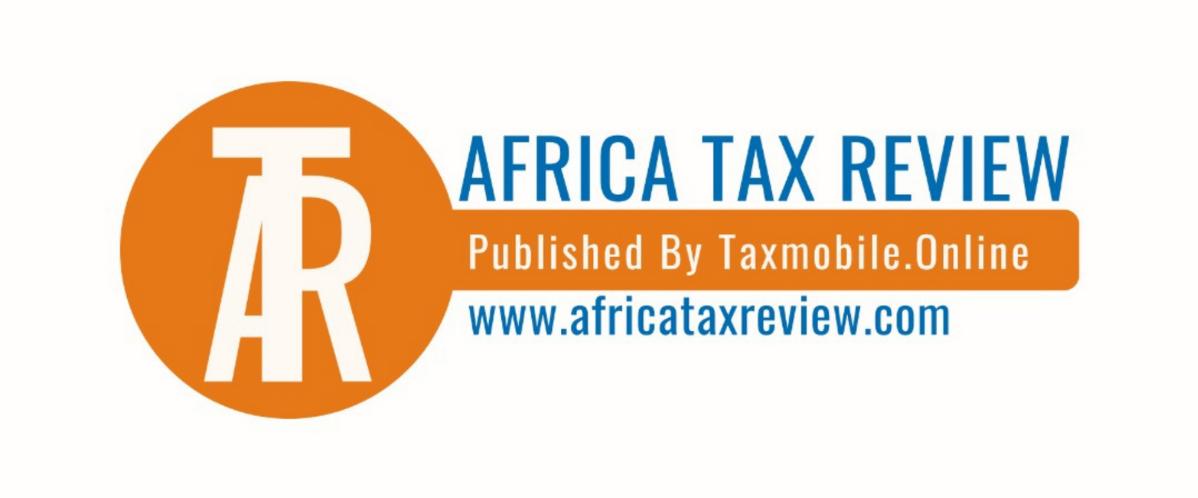
- The Ghana Revenue Authority, GRA has commenced the implementation of a Ghana e-levy or mobile money tax on every electronic transaction from May 1st 2022.
This year’s workers’ day in Ghana will not be easily forgotten as it also marks the commencement of the collection of Ghana e-levy by the Ghana Revenue Authority, GRA. This final implementation is coming after several months of legislative proceedings and consultation with the Ghanaian public.
With the introduction of the Ghana e-levy or mobile money tax, a rate of 1.5% is now chargeable on all electronic transactions above GH¢100.00 from anywhere across Ghana.
According to the Ghanaian Authority, the rationale for introducing the e-levy is for the sake of expanding the tax net as much of the West African nation’s economy operates outside the formal sector and less than 10% of the population pays direct taxes.
Similarly, the government of the day submits that an expanded tax net will capture the informal sector, reduce the nation’s ₦50bn debt and increase the nation’s tax-to-GDP ratio.
Ghana’s tax-to-GDP ratio according to President Nana Akufo Addo is put at 13% which is currently lower than the West African average of 18% not to talk of most European countries with a ratio of 35-45%.
The e-levy will also to bank transfers and remittances as well as mobile money transactions.
Where Ghana E-Levy Move All Started
As stated above, the move to implement a tax on every electronic transaction in Ghana did not just come out of the blue, it has been in the pipeline for some time now. Here are a series of events that led to its eventual implementation.
- After debates, the majority of the Ghanaian Parliament approved the Electronic Transactions (E-Levy) Bill on Tuesday 29th of March 2022. During its approval, the bill was reviewed under a certificate of urgency.
- Although after the parliamentary decision, the minority group in the legislative arm had dragged the Attorney-General to the Supreme Court over the approval of the Electronic Transactions Levy (E-Levy). This group argues that parliament at the point of passing the bill did not have enough numbers to do so.
- Without delay, two days later, Thursday 30th March 2022, President Akufo-Addo signed the Ghana E-levy Bill into law.
- Godfred Yeboah Dame, the Attorney-General of the country has since certified the parliamentary process with 266 MPs as legal.

Reactions
Most Ghanaians woke to the May 1st realities of deductions from transactions. Africataxreview.com gathered the following reactions randomly from Twitter.
Also, a report by The Star publication has it that people employed in the mobile money business in Ghana are expressing more worries over the new tax than even traders. Areas of complaint about the operator include the failure of the government to educate them adequately on the new deductions. Traders whose business hinges on daily mobile transfer for survival according to the reports are also expressing worries
In Ghana, thousands of people are directly employed in the mobile money business.
What Professionals are Saying About Ghana E-Levy
As gathered from various reports, experts who double as critics of the law say it will hit low-income workers and small businesses the hardest due to their sole dependence on mobile transactions to run daily.
Experts submit that why this is the reality in Ghana is because most of these small businesses are located very far from the banks hence these businesses to save costs rely on these mobile payments as efficient alternatives to traditional banks.
The above opinion has it that this is the reason why nearly 40% of Ghanaians aged 15 and above use mobile money platforms.
Report by these experts also raises concern over the future of mobile money in the country. Recall that the Central Bank of Ghana had reported that the industry lost over $1billion in the last 2 months of the previous year as consumers in anticipation of the new tax had migrated to the use of tax.
Local media reports that the Deputy Finance Minister John Kumah had acknowledged that there will be about a 24% attrition rate in the three months to six months that the new tax will be introduced.
Experts in the government are also saying that the e-levy also hopes to cut into the estimated $126bn-worth of mobile money transactions made last year with a view of the new tax raising almost $1bn this financial year.
What you need to know about Ghana E-levy
Not all transactions will be affected by the new levy. The transactions that will not be affected are:
- Mobile money transfers between accounts on the same Electronic Money Issuer.
- Mobile money transfer to a receiver on another Electronic Money Issuer [Interoperability transfer]
- Transfer from a bank account to [another person’s] mobile money account.
- From a mobile money account to [another person’s] bank account.
- Bank transfers on an instant paid digital platform.
On the flip side, affected transactions are:
- A cumulative transfer of ¢100 is made by the same person.
- A transfer between accounts owned by the same person.
- Transfers for the payment of taxes, fees and charges on the Ghana.gov platform
- Electronic clearing of cheques
- Specified merchant payments (that is, payments to commercial establishments registered with the GRA for income tax and VAT purposes)
- Transfers between the principal, master agent, and agent’s accounts.
According to the government of the day, monies generated from that tax will be converted to infrastructural projects like roads, hospitals and reduce unemployment in the country.
African Countries with Similar Taxes as Ghana E-Levy
No doubt African countries are still recovering from the economic aftermath of the Covid-19 pandemic and dealing with the fallout of the Russia-Ukraine crisis. These realities rank top in its quest to look into frontiers like e-levy to shore up resources.
Here is a list of countries in Africa that have in recent times introduced or planning to introduce such taxes:
- In 2019, Zimbabwe introduced a 2% money transfer tax that was hugely unpopular.
- In Cameroon, a 0.2% tax on mobile money transactions was introduced in January this year. This triggered a huge backlash in the country.
- Tanzania’s government is also considering taxing online businesses.
See Other Tax Updates
- MOROCCAN TAX: Revenue Can Increase by 12% of GDP- IMF
- LIRS NIGERIA: Optimizes Payment of Taxes, To Start August 1st 2022
Follow us on Twitter for more updates
DISCLAIMER
The information contained herein is general and is not intended, and should not be taken, as legal, accounting or tax advice provided by Taxmobile.Online Inc to the reader. This information remains strictly the opinion of Taxmobile.Online Inc.
The reader also is cautioned that this material may not apply to, or suitable for, the reader’s specific circumstances or needs, and may require consideration of other tax factors if any action is to be contemplated. The reader should contact his or her Tax Advisers before taking any action based on this information.
All rights reserved. No part of this document may be reproduced, retransmitted or otherwise redistributed in any form or by any means, electronic or mechanical, including by photocopying, facsimile transmission, recording, rekeying, or using any information storage and retrieval system, without written permission from Taxmobile.Online Inc.

